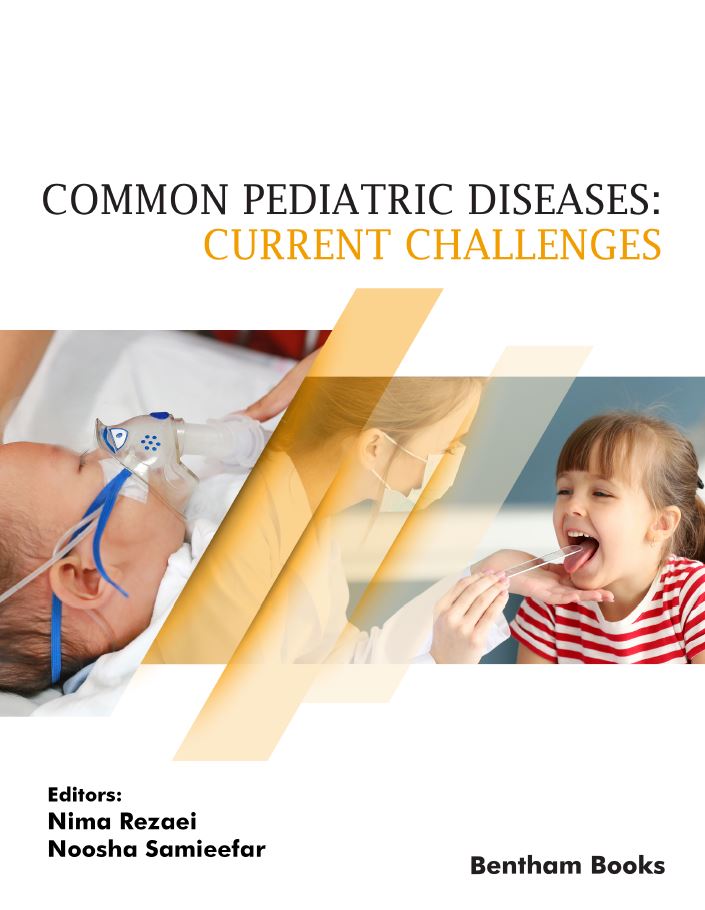Transient Tachypnea of the Newborn

- By Fahri Ovali1
-
View Affiliations Hide Affiliations1 Istanbul Medeniyet University, Faculty of Medicine, Department of Pediatrics, Division of Neonatology, Neonatal Intensive Care Unit, Göztepe Education and Traning Hospital, Kadıköy, Istanbul, Turkey
- Source: Common Pediatric Diseases: Current Challenges , pp 169-181
- Publication Date: October 2023
- Language: English
Transient Tachypnea of the Newborn (TTN) is the most common respiratory morbidity in term infants. In fetal life, the lungs are filled with fetal alveolar fluid, which is secreted by the alveolar epithelium through chloride channels. In late gestation and by the onset of labor, chloride-secreting channels switch to sodium-absorbing channels, and alveolar fluid is cleared away, leaving space for air after birth. Disorders that compromise the absorption of fetal lung fluid would end up in respiratory distress, tachypnea and hypoxemia. Elective cesarean section is the major risk factor for TTN, as well as other risk factors. Clinical features and chest radiograms are sufficient for the diagnosis. The disease is usually benign and self-limiting, but in some cases, respiratory support may be needed along with supportive treatment. The prognosis is usually good but with an increased risk of asthma in childhood.
-
From This Site
/content/books/9789815124187.chap8dcterms_subject,pub_keyword-contentType:Journal -contentType:Figure -contentType:Table -contentType:SupplementaryData105

